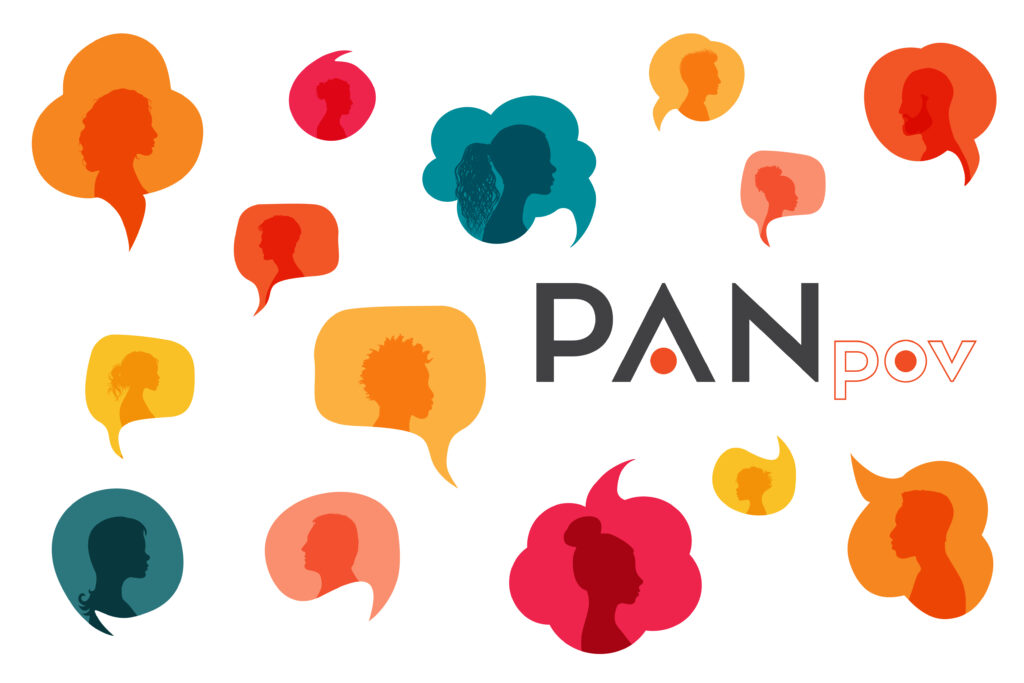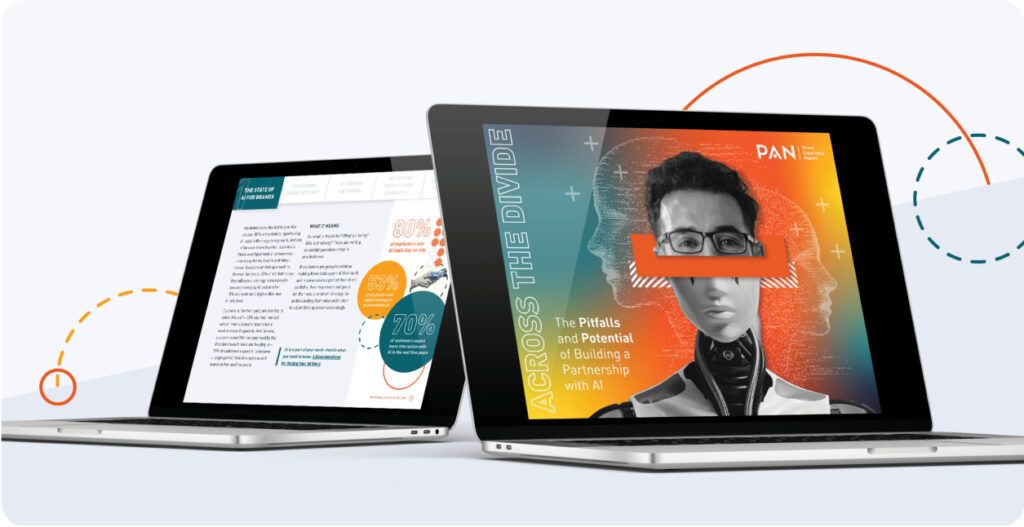This piece is part of our PANpov series — firsthand stories from employees about unique experiences they bring to integrated marketing, PR and communications. Read more.
On September 19, 2022, my dad went into the doctor for a cold, and left with a cancer diagnosis. Three months later, I received a phone call I had long dreaded, and previously refused to accept could be a reality, and was told to rush to the hospital to say goodbye to my dad, who passed on January 2, 2023.
Before my dad’s diagnosis, I was convinced I was entering the best year of my life. Just two months prior, I started a new job that offered me my first chance at a leadership role and moved into my first ‘nice’ apartment, in a city I loved that was filled with friends who found themselves on the same path towards personal and professional fulfillment. All that momentum hit an immediate pause when I came face to face with the reality that the young adulthood I so meticulously planned would be entirely different than anything I could imagine.
The three months in-between my dad’s diagnosis and passing somehow flew by, while at the same time being the most painful days of my life. It all happened so fast. Before I could even process that my dad was sick, I had to accept it wasn’t curable, and then accept that he had years, which turned to months, which turned into weeks remaining. And then he was gone.
In the months following my dad’s loss, I found myself numb, with no direction or ‘light at the end of the tunnel.’ As a chronic problem-solver and PR person who regularly turns to the media for insights/support, I did the same when I was dealing with the brunt of my grief. I spent many sleepless nights scouring Google to find something, anything, that could make me feel understood, but I came up shorthanded every time.
The only stories I could find were for spouses or young kids who lost a parent — nothing for young adults, and the few resources available lacked the critical human element needed to discuss such complex emotions. After sifting through countless guides on the five, six or seven stages of grief (I’ve learned everyone likes to pick a different number), I ended up feeling more frustrated and isolated than I had before.
Thanks to my career, I was no stranger to identifying gaps in the news and thinking of ways my clients could fill them. However, it wasn’t until I was on the brink of entirely giving up on ever feeling better that I realized this gap was one I could fill myself. It started with me simply putting pen to paper to make sense of how I was feeling. I realized that if I read what I just wrote in the earliest stages of my doom-Googling, I would have maybe felt a bit better, and in times like these, a small bit of progress makes a huge impact. So, I decided to take matters into my own hands.
I turned to the PR toolbox I had spent years cultivating to pitch the story to different publications. I figured it would go nowhere, but writing about my experience already helped me heal, so I thought I may as well try getting it published. My hope was that while I could have used a piece like this months earlier, this was an opportunity for me to help those after me who would find themselves facing a similar loss. I never thought I’d successfully pitch the piece, let alone in a well-respected publication like Huffington Post, but I did, and this ended up being a pivotal turning point in my healing journey.
Once the piece went live, it felt like 50 pounds of the weight grief had left on my shoulders was taken off.
In no way was I ‘better,’ but I am a huge proponent of the idea that nothing is more healing than to use your pain to help others get through theirs. That is what the piece gave me.
I heard from people across the world — from Scotland to South Korea to people I hardly knew from my hometown in Pennsylvania — that reading the piece was the first time they truly felt like someone understood the pain they had gone through, and that alone helped me turn a corner.
I never in a million years thought I’d ever have to say goodbye to my dad at this age, and I never imagined I’d be able to use my professional experiences to navigate the most difficult time of my life. However, I think that’s the beauty of working in a job you know you’re meant for — it finds sneaky ways to help you in your everyday life, and that makes it all worth so much more.


